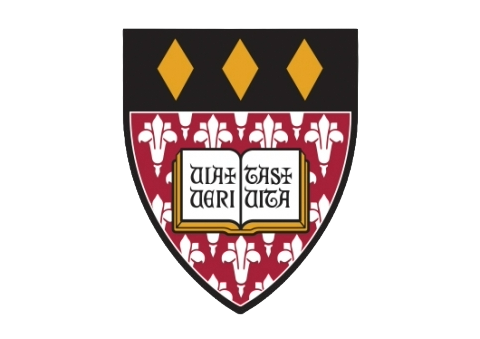Applied Nutrition vs Radiology Technician

Are you deciding between a career in Applied Nutrition or Radiology Technology? Both roles contribute significantly to healthcare but differ in focus, education, and job responsibilities.
This guide will help you compare these professions, including job descriptions, salary outlooks, and training requirements, so you can decide which career aligns with your goals.
Key Points:
- Applied Nutritionists provide dietary counseling and meal planning, while Radiology Technicians operate medical imaging equipment to assist in diagnoses.
- Radiology Technicians typically earn higher salaries than Applied Nutritionists.
- Both fields are growing, but Radiology Technician roles tend to have higher demand.
- Applied Nutrition training is shorter and less expensive, while Radiology Technician programs require more technical training and certification.
- Applied Nutritionists focus on direct counseling, while Radiology Technicians focus on diagnostic imaging.
Applied Nutrition:
- Education: Bachelor’s degree in Nutrition, Dietetics, or a related field.
- Training: Supervised internship or hands-on practice as part of the program.
- Certification: May require Registered Dietitian Nutritionist (RDN) credentials, depending on state laws.
Radiology Technician:
- Education: Associate’s degree in Radiologic Technology (2 years).
- Training: Classroom learning and clinical internships focused on imaging techniques.
- Certification: Required in most states—ARRT (American Registry of Radiologic Technologists) certification is standard.
Career Outlook and Salary
Applied Nutrition:
- Job Growth: Projected 7% growth by 2033, driven by increased focus on health and wellness.
- Salary: Median annual salary of $69,680 (2023), with top earners making aound $98,830.
- Why Demand Is Rising: Growing interest in preventative health and personalized meal planning.
Radiology Technician:
- Job Growth: Projected 6% growth by 2033, driven by advancements in imaging technology.
- Salary: Median annual salary of $73,410, with top earners exceeding $102,380.
- Why Demand Is Rising: Aging populations and advancements in diagnostic imaging tools.
Which Career Path Is Right for You?
Choose Applied Nutrition if:
- You enjoy direct patient counseling and promoting healthy lifestyles.
- You prefer shorter, less expensive training programs.
- You’re passionate about preventative health and disease management.
Choose Radiology Technician if:
- You’re interested in technology-driven diagnostic tools and medical imaging.
- You’re willing to pursue technical certifications and longer training programs.
- You’re looking for higher salaries and job stability in a growing field.
Final Thoughts
Both Applied Nutrition and Radiology Technician careers are rewarding, offering meaningful contributions to healthcare.
- If you prefer personalized counseling and disease prevention, Applied Nutrition may be the path for you.
- If you enjoy hands-on technology and diagnostic imaging, consider becoming a Radiology Technician.
No matter which career you choose, Dreambound can help you get started with the right training programs.

Joanna Paragas is part of the Growth team at Dreambound. Her primary role involves creating various automation to streamline workflows and make tasks more efficient for the entire team. Beyond her professional endeavors, Joanna enjoys spending her free time playing with her dogs and enhancing her knowledge by enrolling in online courses.






